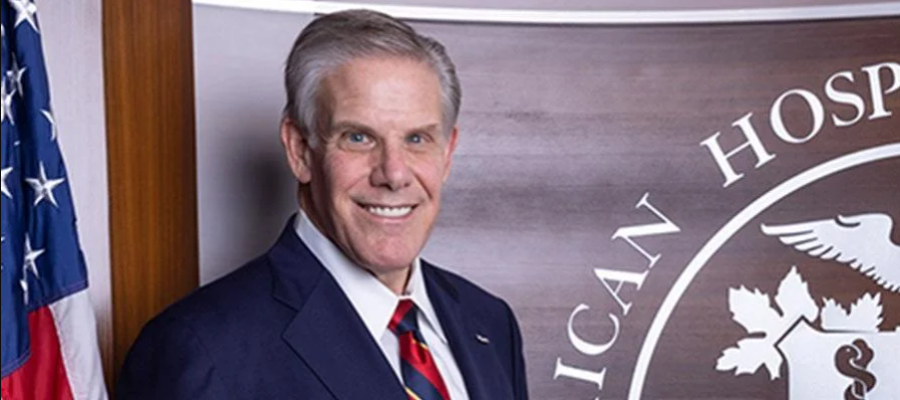Gratitude for the Uniformed Protectors of Our Nation

Staff Sgt. Ronald Shurer was awarded the Medal of Honor for his actions in Afghanistan in 2008 when he repeatedly exposed himself to enemy fire to treat wounded soldiers, using his body to shield them from danger and engaging militants to protect his team.
Sgt. Brian Lieberman received the Soldier's Medal for his response to a 2023 active shooter incident in North Carolina. He rendered aid to a gunshot victim, shielded the victim from a second attack by using his own body and returned fire to drive the shooter away.
These heroic U.S. Army military medics responded with skill, nerve and incredible bravery while caught between opposing forces: the imperative to treat the injured while holding off hostile forces.
Today's military medics combine battlefield skills with clinical competencies including combat casualty care, prolonged field care, and basic patient care like phlebotomy and immunizations. Their training focuses on saving lives under stress and bridging the gap between battlefield and hospital care.
These talents are highly valuable in both military and civilian positions. In addition to medical expertise, our veterans possess priceless intangibles such as discipline, accountability, problem solving and leadership skills, and love of country.
According to government and military sources, approximately 1 million military service members will separate from the U.S. military within the next five years. Many of them are dedicated caregivers who have enormous reserves of skill, energy and commitment to offer hospitals and health systems across the nation.
In recognition of those skills, hospitals and health systems have created programs to help integrate the veteran population into their workforce and succeed in civilian health care careers.
A new AHA issue brief helps health care organizations better understand the training opportunities afforded to military members as they transition from active service. It offers resources by military branch that help departing members launch successful health care careers and case examples of how hospitals and health systems have successfully integrated veterans into their organizations.
For nearly 250 years, our courageous and selfless veterans have stood up for the nation’s defense, protecting their countrymen and America’s founding ideals at great personal cost. We owe a great debt to all who have served and who are serving today.
The Veterans Health Administration stands as a vital pillar of our nation's commitment to those who served, delivering compassionate, high quality care tailored to the unique needs of veterans. Many VA hospitals are AHA members, and all of them employ nurses, doctors and team members whose unwavering dedication ensures our veterans receive the dignity, respect and support they deserve.
The AHA believes a strong partnership between hospitals and health systems and the Department of Veterans Affairs is essential to ensure our nation’s veterans receive the health care they need and deserve. And we continue to work with the VA to ensure veterans have access to the care they need, when they need it.
For example, we have made it a priority to alert hospitals and health systems to available VA resources, especially in mental health — such as free online training to help community health care providers counsel veterans at risk for suicide about secure storage of firearms and other lethal means, which can help save lives. And we continue to share insights and ideas with our federal colleagues about potential solutions to challenges common to all care providers, including workforce shortages and retention.
The brave and dedicated individuals who wear our nation’s military uniform have always committed to one cause above all others: to protect and defend with their lives, if necessary, the freedoms and people of the United States of America.
They stood ready to give their all and stand ready now to give again as civilian physicians, nurses, researchers and contributors to our system of health care.
Let’s continue to work to make that happen. From all of us here at the AHA, thank you to every veteran who has defended our country … and our freedom.

